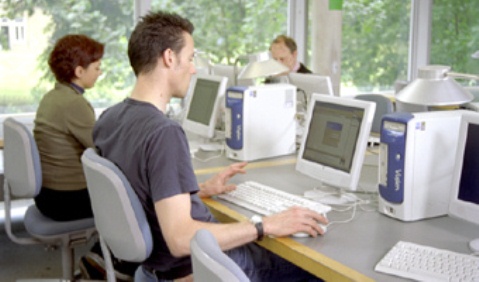
Nantwich residents are being warned by Cheshire Police to guard against criminals infecting computers with two new forms of malware.
Two new “viruses” which steal users’ login details for online banking and hold users to ransom, are sweeping across the country.
One of the viruses, known as Zeus Gameover, P2PZeus or GOZ, steals login details for online banking sites, allowing organised crime groups to steal from victims′ accounts.
The second form, CryptoLocker, is used to hold people to ransom.
Criminals use the malware to lock the victim′s computer remotely and then demand payment to unlock it.
Police forces in 11 countries have taken part in a joint operation to arrest the people responsible for the malware.
Residents in Cheshire are advised to carry out precautionary measures to protect their computers, including:
– update operating systems and check for updates weekly, which are free
– install or update anti-virus or security software
– use caution before clicking on unsolicited email attachments or hyperlinks
– backup copies of most important files to a non-networked system – external hard drive or DVD
– choose a strong password combination of numbers, letters and other characters. Don’t use same password for all accounts
– beware of cold calls from people offering to fix or remotely clean computers. This is invariably a scam.
Anyone worried about malware or think you may have been targeted with a computer virus, visit http://www.getsafeonline.org/ and run one of the free clean-up tools.
This is a trustworthy site which provides plain English explanations and advice.
If you discover you have been infected with malware you should report it to http://www.actionfraud.police.uk/, before notifying your bank and change all passwords.
(Pic: computer users, courtesy of JISC under creative commons)





















Recent Comments